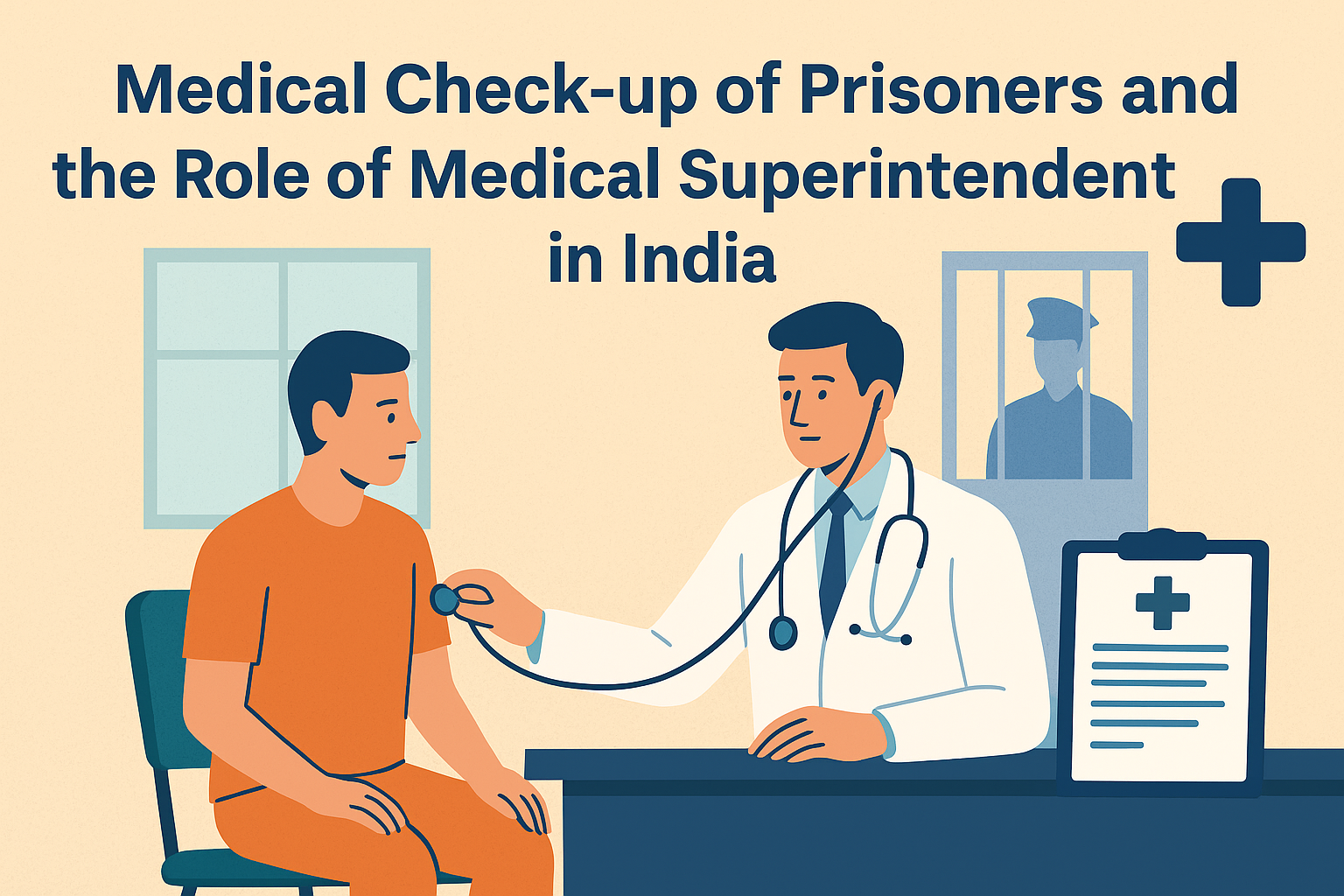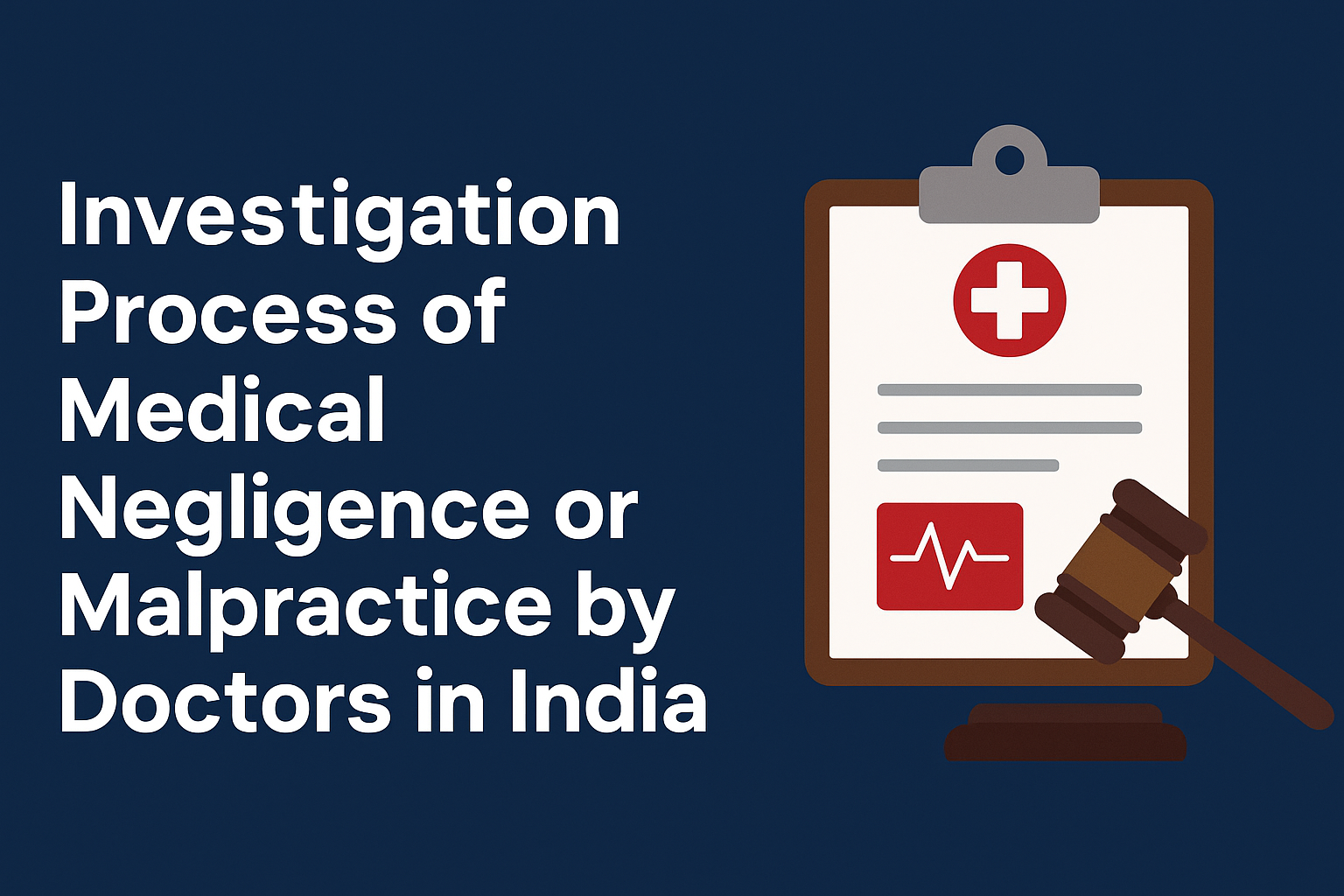Understanding Your Legal Gateways in India: Law Firms, LegalTech, Legal Services Authorities, and Independent Lawyers
India’s legal landscape is rapidly evolving — not only through traditional law firms and courts but also via LegalTech platforms and statutory legal aid authorities. Whether you’re a citizen facing a legal issue, a small business owner trying to stay compliant, or someone simply seeking advice, it’s important to understand the multiple legal gateways in India available today. Here’s a detailed look.
1. Independent Lawyers
Lawyers practicing individually or in small teams without being part of large firms.
Roles:
- Litigators: Appear in trial, High, or Supreme Courts
- Advisors: Draft contracts, wills, property documents
- Legal Consultants: Provide expert guidance
- Arbitrators/Mediators
- Legal Aid Lawyers: Associated with DLSAs, NGOs
Categories of Practice:
- Civil
- Criminal
- Corporate/Commercial
- Family/Matrimonial
- Public Interest / Constitutional
Conclusion: Know Your Legal Gateways
From traditional law firms to cutting-edge LegalTech platforms, and from statutory Legal Services Authorities to independent court practitioners — Indian citizens today have multiple options to resolve legal gateways issues.
Start by:
- Identifying your legal issue
- Understanding if it needs advice, documents, or court representation
- Choosing the right tier and mode — firm, tech, legal aid, or solo lawyer
Knowing how each legal service works — and what it’s best suited for — helps you save time, money, and effort while ensuring your rights are protected.
2. Law Firms
A law firm is a business entity formed by one or more lawyers to engage in the practice of law. In India, law firms cater to individuals, corporations, startups, and government bodies. It must be led and operated by licensed legal practitioners — that is, advocates registered with the Bar Council of India or a State Bar Council. Only these qualified individuals are legally permitted to offer legal advice, represent clients in court, and carry out core legal functions. Law firms, though they can be structured as partnerships or LLPs, must always have licensed lawyers at the helm.
Structure and Categories: Legal Gateways
- Sole Proprietorship: Single lawyer practice.
- Partnership Firms: Governed by the Indian Partnership Act, 1932.
- LLPs (Limited Liability Partnerships): Common among large firms for limiting liability.
- Boutique Firms: Specialized in areas like IPR, tax, arbitration.
- Full-Service Firms: Cover all major domains – corporate, litigation, tax, M&A, real estate, etc.
Functions:
- Litigation and dispute resolution
- Corporate and business advisory
- Legal due diligence and M&A support
- Intellectual property registration
- Regulatory and tax compliance
- Contract drafting and vetting
How Law Firms Work:
Law firms typically consist of:
- Court Practitioners (Advocates): Appear in court.
- Corporate Lawyers: Handle transactions and legal documentation.
- Legal Consultants: Experts in areas like family law, tax, etc.
- Paralegals/Researchers: Assist with drafting and case preparation.
A law firm is not a legal person and cannot sign it for appear in court — only individual advocates (via vakalatnama) can do that.
Types of Law Firms by Size:
- Sole Practitioners / Small Firms
- 1–2 lawyers
- Serve individuals, families, and local businesses
- Found in district/taluk courts
- Affordable and accessible
- Mid-Size Firms
- 10–50 lawyers
- Civil, criminal, and business law
- Often serve housing societies, startups, SMEs
- Large (Tiered) Firms
- Hundreds of lawyers
- Divided by departments (litigation, corporate, compliance)
- Work with big corporations, international clients
How Citizens Access Law Firms:
- Walk-ins or scheduled appointments
- Referrals from trusted sources
- Websites or legal tech platforms
- After receiving legal notices
What to Look for in a Law Firm:
- Relevant legal specialization
- Courtroom experience
- Transparent fees
- Accessibility (location or remote support)
- Willingness to explain legal options
Law Firms ≠ Legal Aid:
Law firms are private entities. Free legal help is provided by Legal Services Authorities (DLSA/SLSA/NALSA). Some law firms may offer pro bono services voluntarily.
3. Legal Tech Companies (LawTech) in India – A Deeper Dive
What Is LawTech?
LegalTech (or LawTech) is the use of technology to make Legal Gateways services more efficient, reachable, accessible, and data-driven. It is transforming how citizens, lawyers, courts, and businesses interact with the law. LegalTech platforms are not required to be led by licensed advocates. These are technology companies and can be founded or operated by entrepreneurs, technologists, or professionals from other domains. While many LegalTech platforms collaborate with lawyers or have in-house legal teams for service delivery, they themselves are not considered law firms and are not regulated by the Bar Council in the same way. This gives them flexibility in business models and scalability but also means that not every service offered may come directly from a lawyer — an important distinction for clients to be aware of.
Structure:
Run by tech teams + legal teams (lawyers, paralegals, compliance experts) and other allied professionals as required
Types of Legal Tech Platforms and Use-Cases:
- Document Automation & DIY Legal Tools
- Draft wills, NDAs, rental agreements using templates
- E-signing and online stamp duties
- Affordable for basic legal needs
- Online Lawyer Marketplaces & Consultation Platforms
- Book verified lawyers online
- Compare fees, read reviews
- Online Dispute Resolution (ODR) through arbitration/mediation
- Practice Management & Tools
- Manage clients, billing, case dates etc
- E-filing support
- Digital document storage and time tracking
- Workflow Automation for Legal Departments
- Litigation tracking & holistic support
- Contract lifecycle management
- Compliance calendar and legal analytics
- Legal Research and Judgment Analytics
- AI tools for faster legal research
- Past case trends and prediction models
- Court and Compliance Tracking Tools
- Monitor cases across courts
- Stay updated on SEBI, RBI, MCA rules
- Ensure timely filings and renewals
- Full-Stack LegalTech
- End-to-End Legal Support Services
- Beyond just automation or legal directories.
- Manage & coordinate the entire legal process.
Benefits include: Legal Gateways
- Transparent fixed pricing
- Remote accessibility, coordination support
- Integrated dashboards for tracking your case
- Professional coordination of legal and compliance experts
Does it mean LegalTech Replacing Lawyers?
No, not at all. It enhances how lawyers work and makes legal help more accessible. Lawyers still provide strategic and court-related expertise. Full-stack platforms often combine human and tech support to deliver holistic legal outcomes.
4. Legal Services Authorities (Legal Aid Bodies)
Statutory bodies under the Legal Services Authorities Act, 1987 to ensure free legal aid and access to justice for the underprivileged.
Structure:
- NALSA – National level
- SLSAs – State level
- DLSAs – District level
- Taluk Committees
Services Offered:
- Free legal representation and advice
- Legal awareness drives and camps
- Lok Adalats (for out-of-court settlements)
- Counseling for matrimonial and consumer disputes
Tele‑Law Initiative:
Launched in 2017, Tele-Law allows citizens to get legal advice via video conferencing at CSCs (Common Service Centres) in rural and semi-urban areas. It has reached over 50,000 CSCs and served millions of beneficiaries, especially in aspirational districts.
Conclusion: Know Your Legal Gateways
From traditional law firms to cutting-edge LegalTech platforms, and from statutory Legal Gateways Services Authorities to independent court practitioners — Indian citizens today have multiple options to resolve legal issues.
Start by:
- Identifying your legal gateways issue
- Understanding if it needs advice, documents, or court representation
- Choosing the right tier and mode — firm, tech, legal aid, or solo lawyer
Knowing how each legal gateways service works — and what it’s best suited for — helps you save time, money, and effort while ensuring your rights are protected.
Please note, the above is not the fixed way of their working and it can vary office to office.
Incase, You wish to discuss, and talk on any such matter that, ‘You may need help with’. Feel free to contact us. Our team at www.legalwellbeing.in shall be happy to assist.
















